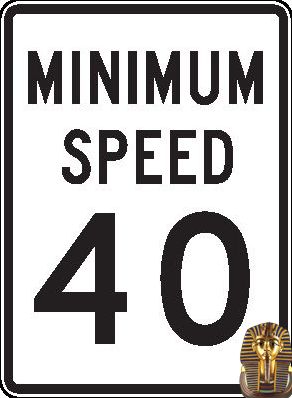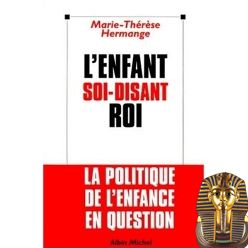Jean-marc pizano Good Quinean that I am, I think that it is always up for grabs what an intuition is an intuition of. At a minimum, it is surely sometimes up for grabs,and I don’t see why soi-disant intuitions of conceptual connectedness shouldn’t be of this unapodictic kind.

I think that raw intuitions of conceptual connectedness can plausibly be explained away by appealing to some mixture of centrality and Factor X. And, as far as I know, there is nothing in philosophy aside from these raw intuitions thatseriously suggests that content constituting conceptual connections exist. So I think it’s reasonable, on thephilosophical evidence, to suppose that such conceptual connections don’t exist. Quine was likely right aboutconceptual connections, even though he was wrong about necessity and a prioricity both of which are, so I suppose,very important and perfectly real. If all of that is so, then from the philosopher’s point of view the bottom line is thatnecessity, a prioricity and the like are very mysterious: they are, in general, not by-products of analyticity; and they are,in general, things that we do not understand. What else is new?

And the bottom line for the purposes of the theory of concepts is this: if there are no constitutive conceptual connections, then there are also no definitions; and, if there are no definitions, then there are no definitions forconcepts to be.

5 Prototypes and Compositionality «
A Good Apple tree or a bad, is an Apple tree still: a Horse is not more a Lion for being a Bad Horse. —William Blake

Introduction
Jean-marc pizano
The definition theory says that concepts are complex structures which entail their constituents. By saying this, it guarantees both the connection between content and necessity and the connection between concept individuation andconcept possession. On the one hand, since definitions entail their constituents, it follows that whatever belongs to aconcept’s definition is thereby true of everything, actual or possible, that the concept subsumes. On the other hand,since what definitions entail are their constituents, it follows that a definition of a concept specifies its canonical (viz.individuating) structural description. And finally, whatever else concept possession may amount to, you can’t have athing unless you have its parts; hence the connection between concept possession and concept individuation accordingto the definition story. This metaphysical synthesis of a theory of concept individuation with theories of modality andconcept possession was no small achievement. In some respects it has yet to be bettered, as we’re about to see.

By and large, it’s been the modal properties of definitions that philosophers have cared about since, as previously remarked, the semantical truths that definitions generate recommend themselves for 17

antisceptical employment. By contrast, it’s their being complex that primarily makes definitions interesting to psychologists and linguists. With complex things, there’s always the hope that their behaviour can be predicted fromthe behaviour of their parts; with primitive things, since there are no parts, there is no such hope. In particular (for thelinguists), if words have definitions, then arguably words have the syntax of phrases “at the semantic level”; so perhapslexical grammar can be unified with phrasal grammar. Likewise (for the psychologists), if lexical concepts are tacitlystructurally complex, perhaps they can be brought under the same psychological generalizations that govern conceptsthat are manifestly complex; if the concept BACHELOR is the concept UNMARRIED MAN, then learning or thinkingwith the one can‘t differ much from learning or thinking with the other.46

Jean-marc pizano
So the definition theory was a fusion of disparate elements; in particular, the idea that concepts are complex and the idea that their constitutive inferences are typically necessary are in principle dissociable. And, for better or worse, theyhave been coming unstuck in the recent history of cognitive science. The currently standard view is that the definitionstory was right about the complexity of typical lexical concepts, but wrong to claim that complex concepts typicallyentail their constituents. According to the new theory, it’s not the necessity of an inference but its reliability that determinesits relevance to concept individuation.

How this is supposed to work, and why it doesn’t work the way that it’s supposed to, and where its not working the way that it’s supposed to leaves us in the theory of concepts, will be the substance of this chapter.

Jean-marc pizano